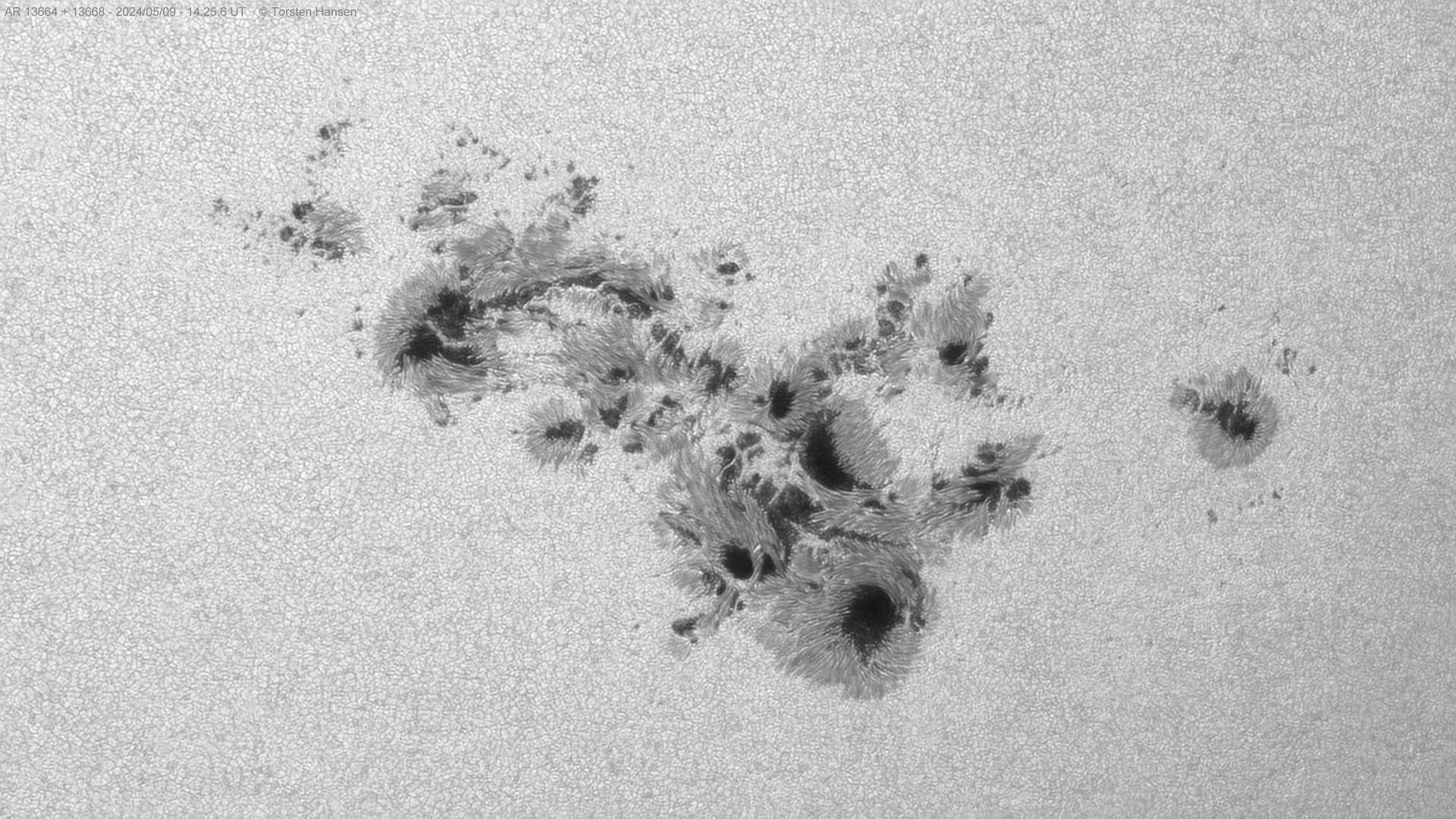Researchers from Germany and five other countries bordering the North Sea want to clarify just how much Microplastics It enters the sea via ships and marine facilities. For this reason, the research ship “Ater” is currently in the German Gulf to take samples of water and sediments. “Particle erosion occurs not only in road traffic, but also in shipping, for example,” explained Martin Fischer, a scientist at the Federal Maritime and Hydrographic Agency (BSH) in Hamburg. Paints and coatings to prevent pollution and corrosion are mostly made of plastic. Weathering and abrasion create microplastics, particles smaller than five millimetres.
Scientists at the Helmholtz-Heron Center (Geesthacht) have laid the groundwork for the investigation with a recently published study. Lars Hildebrandt's team combined several chemical analytical, mathematical and statistical methods. “This allows us to record different types of particles more accurately and reliably distinguish them from each other,” Hildebrandt said. Environmental groups fear microplastics could have negative effects on marine life. They demand action against the entry of plastic particles.
There are currently 1,564 wind turbines installed in Germany's exclusive economic zone in the North Sea, the Baltic Sea and in the territorial sea. Expansion of offshore wind power and increased shipping could reduce the burden on North Sea Researchers suspect that microplastics will increase. As part of the European Anemoi project, eleven institutes from six countries are studying physical emissions from wind turbines by the end of 2026. According to BSH, another ship is sampling a Belgian wind farm parallel to the “Atair” mission. “Atair” is expected to return to Bremerhaven on Thursday.
The samples will be evaluated later this year. Researchers also want to pay attention to organic pollutants and trace metals. According to another study by Heron, marine systems can also increase the concentration of certain metals such as aluminium, zinc, indium and gallium in the water. These metals are used in so-called sacrificial anodes, which prevent corrosion of marine steel structures but dissolve themselves in the process.
© dpa-infocom, dpa:240427-99-828284/2
Researchers from Germany and five other countries bordering the North Sea want to clarify just how much Microplastics It enters the sea via ships and marine facilities. For this reason, the research ship “Ater” is currently in the German Gulf to take samples of water and sediments. “Particle erosion occurs not only in road traffic, but also in shipping, for example,” explained Martin Fischer, a scientist at the Federal Maritime and Hydrographic Agency (BSH) in Hamburg. Paints and coatings to prevent pollution and corrosion are mostly made of plastic. Weathering and abrasion create microplastics, particles smaller than five millimetres.

“Alcohol buff. Troublemaker. Introvert. Student. Social media lover. Web ninja. Bacon fan. Reader.”







More Stories
Large Sunspot Cluster AR 13664 – Science Spectrum
The science behind the ‘three body problem’ – so you can have an opinion too
Chat about research with scientists in bars and cafes